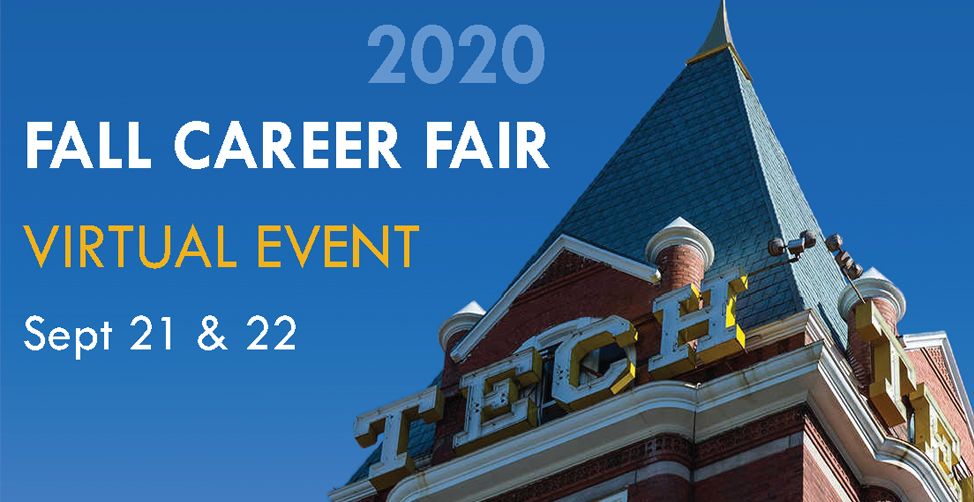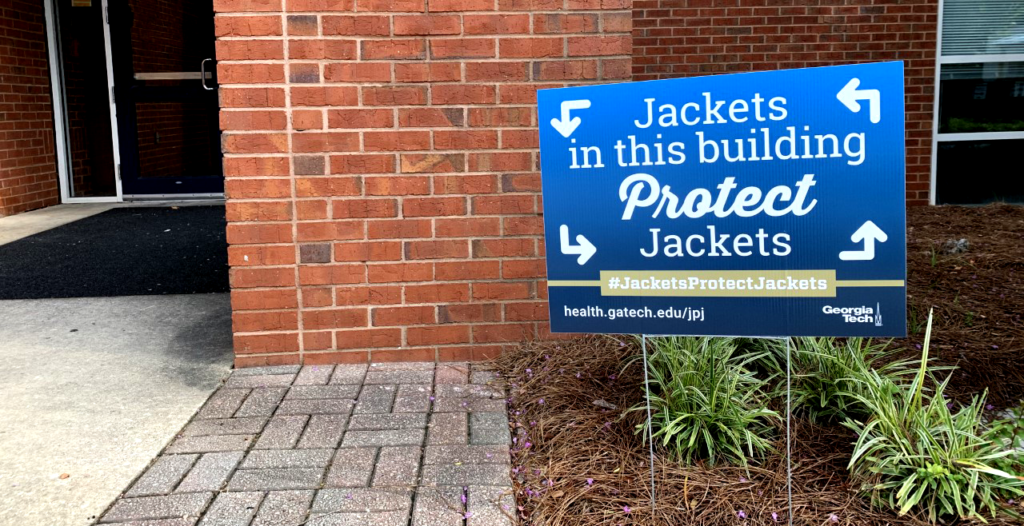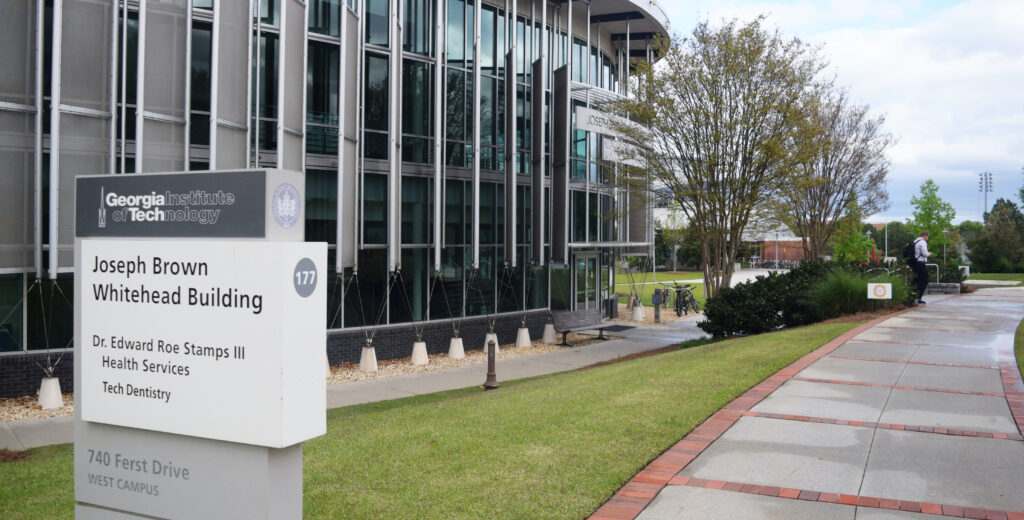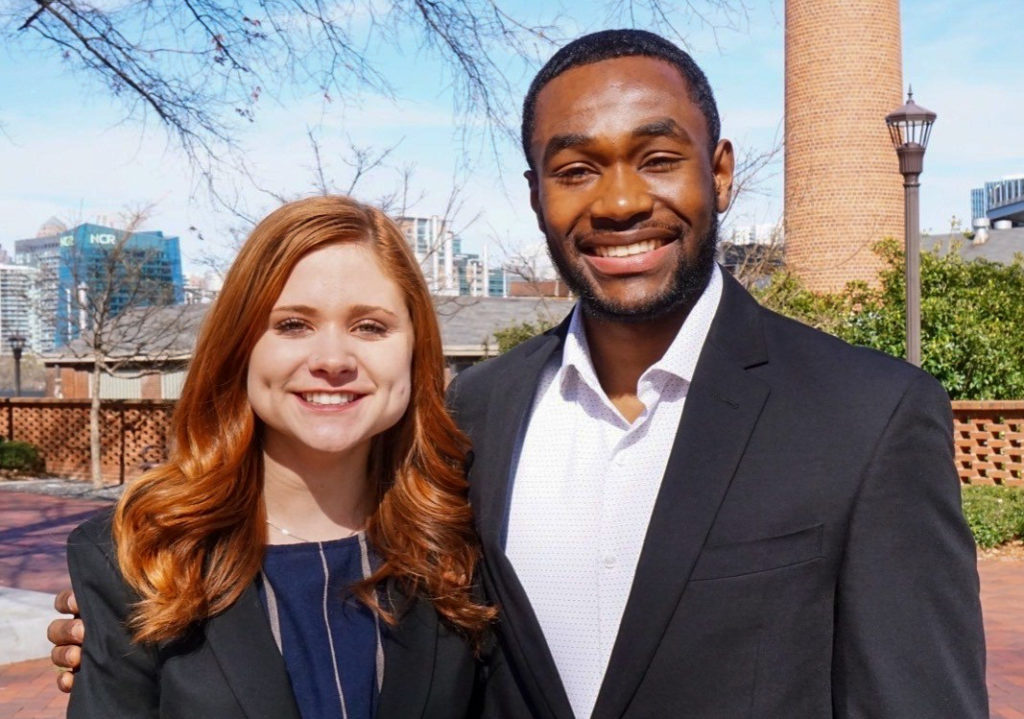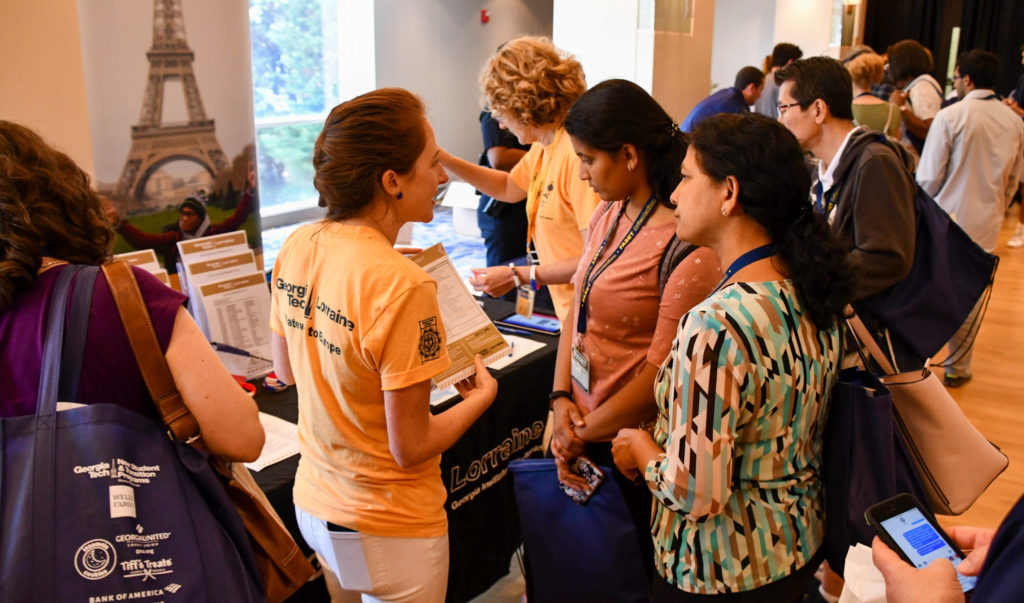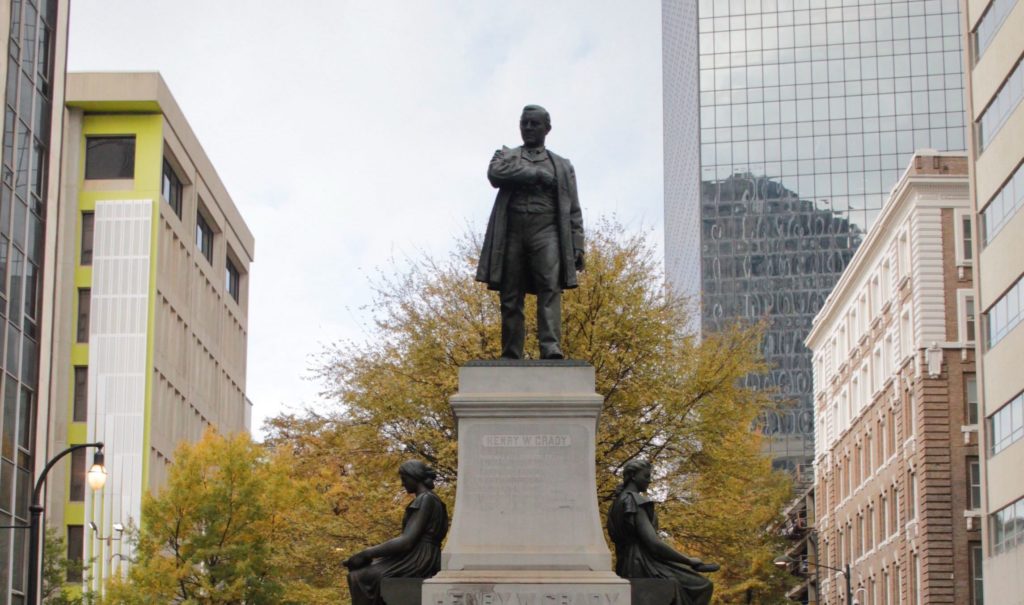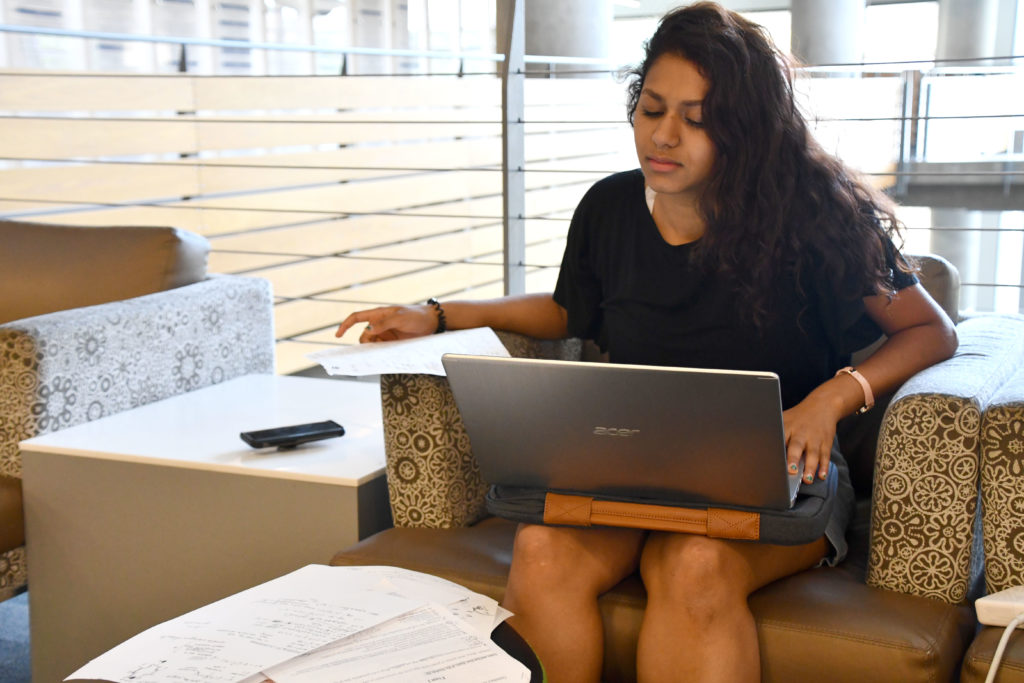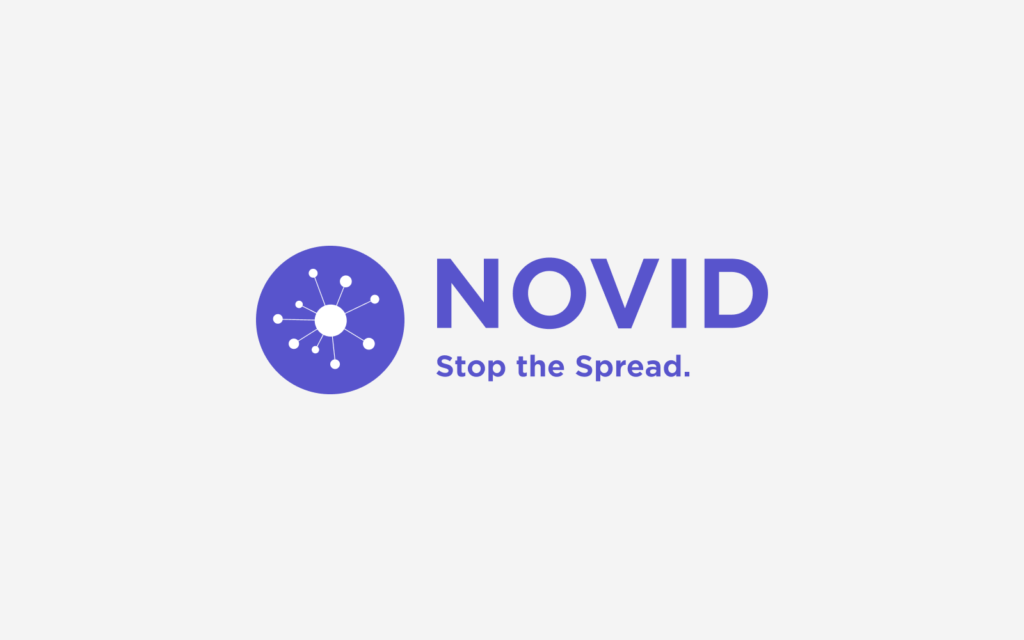
In an effort to mitigate the spread of COVID-19 across campus, the Tech administration and SGA have partnered with contact tracing app NOVID. The app is currently available for both iOS and Android users.
By signing up, users will be anonymously alerted should they come in contact with a COVID-19 positive individual for more than 15 minutes and be within six feet of them. The app stores its users’ information anonymously and does not attach any personally identifiable details.
You do not even have to register or provide any information about yourself upon downloading the app. NOVID’s effectiveness is based upon the percent of students that use it. This app works in a proactive sense and is unlike other apps in that it operates on a closed source.
This means that the code written for this app is sealed and cannot be viewed by any users or outside entities. The majority of contact tracing apps operate as an open-source, which although provides more transparency to users, it also allows for anyone to copy the code and possibly use it in a more malice way.
Georgia Tech Research Institute (GTRI) will be performing an audit on the NOVID app as new upgraded software becomes available. When running on an iOS device, the user will be asked to allow access to their microphone and Bluetooth, while Android users will have to permit access to location services.
Although access to these things may sound invasive, they are not at all. NOVID will only use your microphone for no more than two seconds at a time. Your phone and other nearby NOVID user’s phones will emit a high-frequency tone (undetectable to humans) to calculate the distance between the users.
Android phones will fundamentally do the same thing, but instead using location services. Instead of sharing your exact location with the app, it shares how far away you are from other users that may or may not have COVID-19.
This is all to say that you should not let a fear of privacy invasion stop you from using the app. The benefit of allowing the app to use your microphone, Bluetooth or location services, greatly outweighs the minimal risks. If you are using an iOS device, it is in your best interest to allow the app to stay in standby mode when you are out and about on campus. The app only works on iPhones if the app is open or if it is on standby mode.
It may be a little more tricky to navigate on an iOS device, but it is better than nothing at all. Because the majority of Tech students come from a place of economical privilege, the population of students that cannot afford smartphones may be overlooked. The best way to amend this issue is for all students that do have access to the app to download and use it diligently.
NOVID is a step in the right direction and the Technique Editorial Board fully support and endorse it.
This app works as a preventative measure that will only work as well as we as a community want it to. The anonymity aspect of the app helps break the taboo notion surrounding being positive for the virus.
If you receive a positive test from Stamps Health Services, you will receive a code to input into NOVID. If they get a test done off campus NOVID lets users protect themselves and others around them with ease.
We take great pride as one of the first institutions to use NOVID and to be chosen to audit the app’s code. This app has the possibility to change how we contact trace across the country. Instead of reacting after the fact, NOVID allows students to stop threats of COVID-19 in its tracks.

